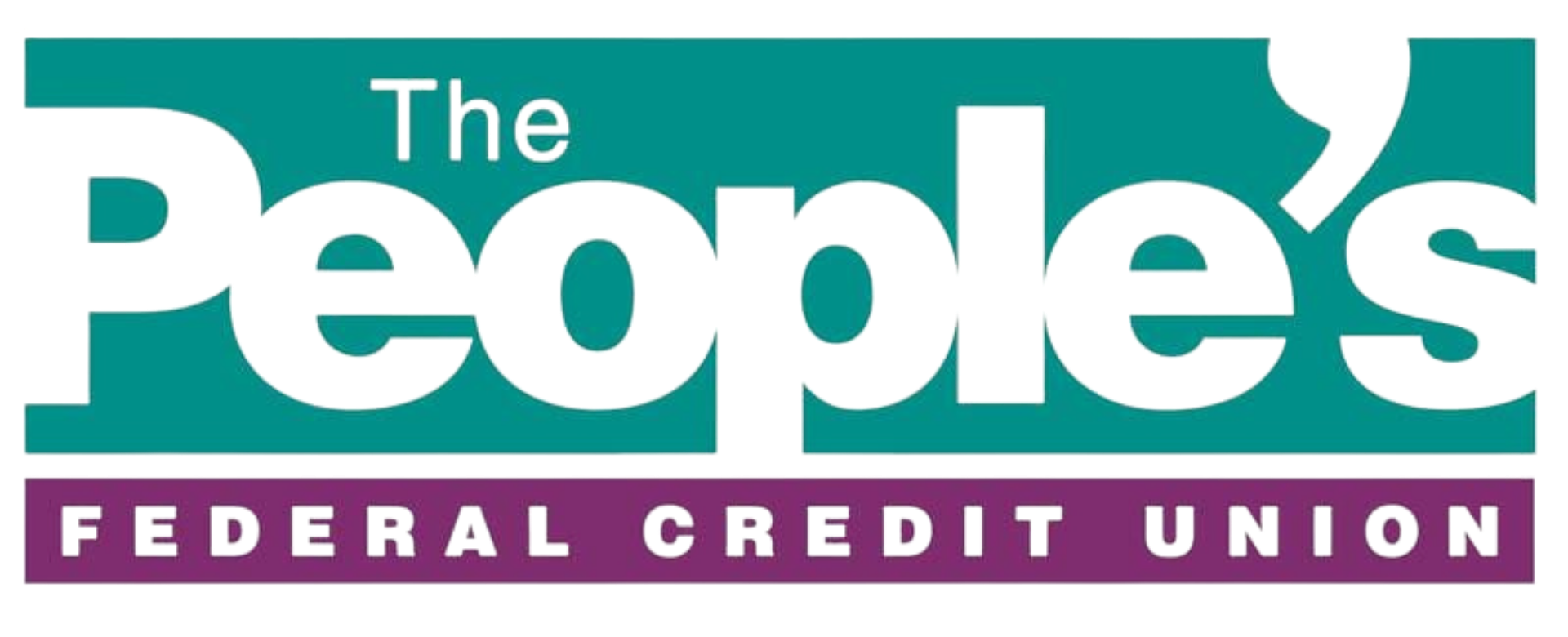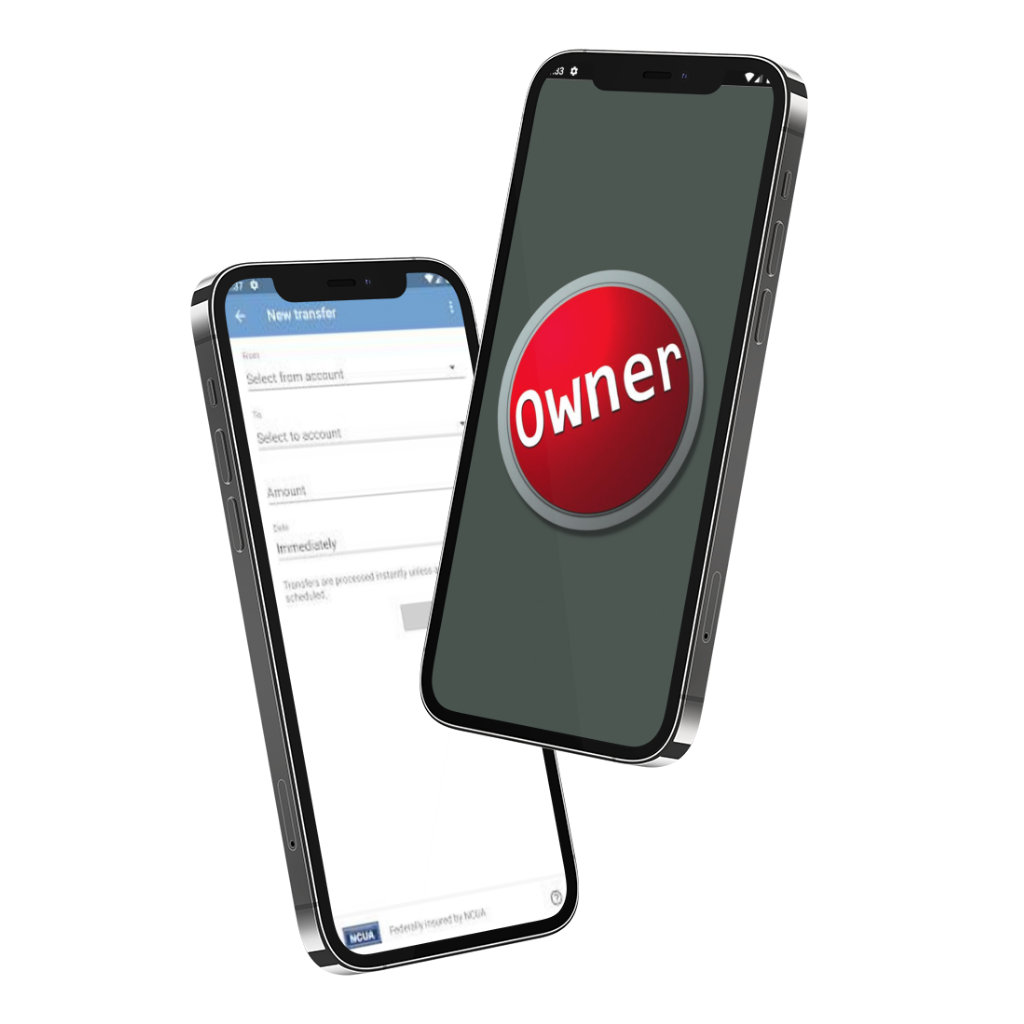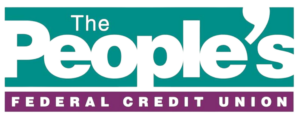Choosing the right financial institution is an important decision that can impact your financial well-being. Whether you’re opening your first account or looking to switch, understanding the differences between credit unions and banks can help you make an informed choice. While both institutions provide similar services, such as checking and savings accounts, loans, and credit cards, their structures, goals, and benefits are distinct.
So, how do you decide which one is right for you? Let’s explore what sets credit unions and banks apart to help you find the best fit for your financial needs.
Credit Unions vs Banks
Credit unions and banks serve as trusted financial institutions for managing money, but they operate differently:
- Credit unions are member-owned, not-for-profit organizations that focus on serving their members rather than generating profit.
- Banks are for-profit entities owned by shareholders, with the primary goal of earning profits to return to those shareholders.
Despite these differences, both types of institutions are regulated to ensure the safety of your funds and offer essential services like deposit accounts, loans, and payment processing. However, their distinct operating models lead to variations in customer experience, accessibility, and financial benefits.
5 Key Differences Between Credit Unions and Banks
While both credit unions and banks offer similar financial services, their distinct structures and objectives result in unique advantages. Here’s a closer look at the key differences to help you make an informed choice.
1. Ownership and Purpose
Credit unions are member-owned and not-for-profit, focusing on serving their members by reinvesting profits into better rates, lower fees, and enhanced services. Banks are for-profit institutions owned by shareholders, with the primary goal of generating profits for their investors.
2. Membership and Eligibility
Credit unions require membership, which is typically based on eligibility criteria such as where you live, work, or your affiliations. Banks are open to anyone, allowing individuals to open accounts without membership requirements.
3. Products and Services
Credit unions often provide competitive rates on loans and savings, with lower fees, but they may have a more limited range of products. Banks, on the other hand, are more likely to offer a wider variety of services, investment options, and extensive branch and ATM networks.
4. Interest Rates
Credit unions generally offer lower interest rates on loans and credit cards while providing higher interest rates on savings accounts and certificates of deposit. Banks often charge higher interest rates on loans and credit cards, with savings rates that may be less favorable due to their for-profit structure.
5. Insurance and Safety
Credit union accounts are insured by the National Credit Union Administration (NCUA), offering protection up to $250,000 per depositor. Similarly, bank accounts are insured by the Federal Deposit Insurance Corporation (FDIC), providing the same level of coverage. Both ensure your money is safe, but it’s important to verify the institution’s insurance status.
How to Know If a Credit Union Is Right for You

Choosing the right financial institution can depend on factors like fees, accessibility, and interest rates. A credit union might be the best choice for you if:
You Try to Avoid Fees
If avoiding high fees is important, credit unions often provide lower or no fees compared to banks. Their not-for-profit structure allows them to reinvest earnings into member benefits like reduced costs and better rates.
You Have a Credit Union in Your Area
Credit unions often serve specific communities or groups. If there’s a credit union in your area that you’re eligible to join, it can provide a more personalized, community-focused banking experience.
You’re Looking for the Best Interest Rate
Credit unions typically offer higher interest rates on savings accounts and certificates of deposit, making them an excellent choice for those looking to grow their savings.
You Don’t Require Nationwide Access
For those who frequently travel or need access to national banking networks, credit unions may not be as convenient as banks. They often have fewer branches and ATMs, so consider your need for broader accessibility before deciding.
By weighing these factors, you can decide if a credit union is the right fit for your financial priorities and lifestyle.
Frequently Asked Questions
What’s the main difference between banks and credit unions?
Banks are for-profit and shareholder-owned, while credit unions are not-for-profit and member-owned, often offering lower fees and better rates.
Is your money safer in a bank than in a credit union?
No, both are equally safe, with deposits insured up to $250,000 by the FDIC for banks and the NCUA for credit unions.
Can anyone open an account at a credit union?
Not always. Membership depends on specific eligibility criteria, such as where you live or work.
The People’s Federal Credit Union Advantage
When deciding between a credit union and a bank, consider the benefits offered by The People’s Federal Credit Union. Open to all Texans who live, work, or worship in Canyon, Childress, Hereford, parts of Amarillo, and Deaf Smith County, TPFCU provides a community-focused approach with exceptional value.
With low rates, no minimums or service fees, and four convenient locations, TPFCU ensures you have access to affordable and reliable financial services. Members also enjoy competitive savings options and flexible loans designed to help you achieve your financial goals.
Choose TPFCU for personalized support, local expertise, and financial solutions tailored to your needs.








